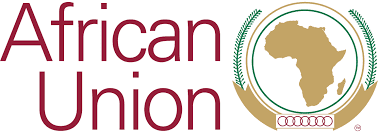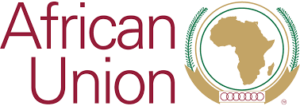African countries have adopted a number of official languages that include English, French, Arabic and Portuguese, depending on their colonial heritage.
The African Union has joined the movement to elevate Kiswahili as one of its common languages even as it prepares for heads of State meeting on the 7th of July 2019.
The African Academy of Languages, which is the African Union’s specialised institution mandated to develop and promote African languages, has partnered with the East African Kiswahili Commission to “promote the wide use of Kiswahili for regional integration and sustainable development.”
The implication of the adoption of Kiswahili as a continental language, is that there will always be a Kiswahili translator at all the African Union official meetings.
Documents , including treaties and agreements, will also be authored in the East African language.
In a statement on the 3rd of July 2019, the East African Community (EAC) Secretariat said, “The AU has partnered with the EAC to set the pace for the recognition and promotion of Kiswahili as a Language of Wider Communication in the whole of Africa,”.
The move to make Kiswahili a pan-African lingua franca comes as the African Union moves to set rules for the African Continental Free Trade Area (AfCTA) unveiled in Kigali last year (2018).
A common language plays a crucial role in commerce.
On Saturday, President Uhuru Kenyatta is expected to join other African leaders for the African Union Extra-Ordinary Summit and the first AfCTA meeting today, the 6th July 2019 in Niamey, Niger.
The Secretary of the East African Community (EAC); General Liberat Mfumukeko in a statement, said the Kiswahili push was driven by a realisation by the East African Community (EAC) policy organs of the importance of the language in regional integration.
Mfumukeko added that, “The language is a strategic resource for communication and active citizen participation in development,”.



